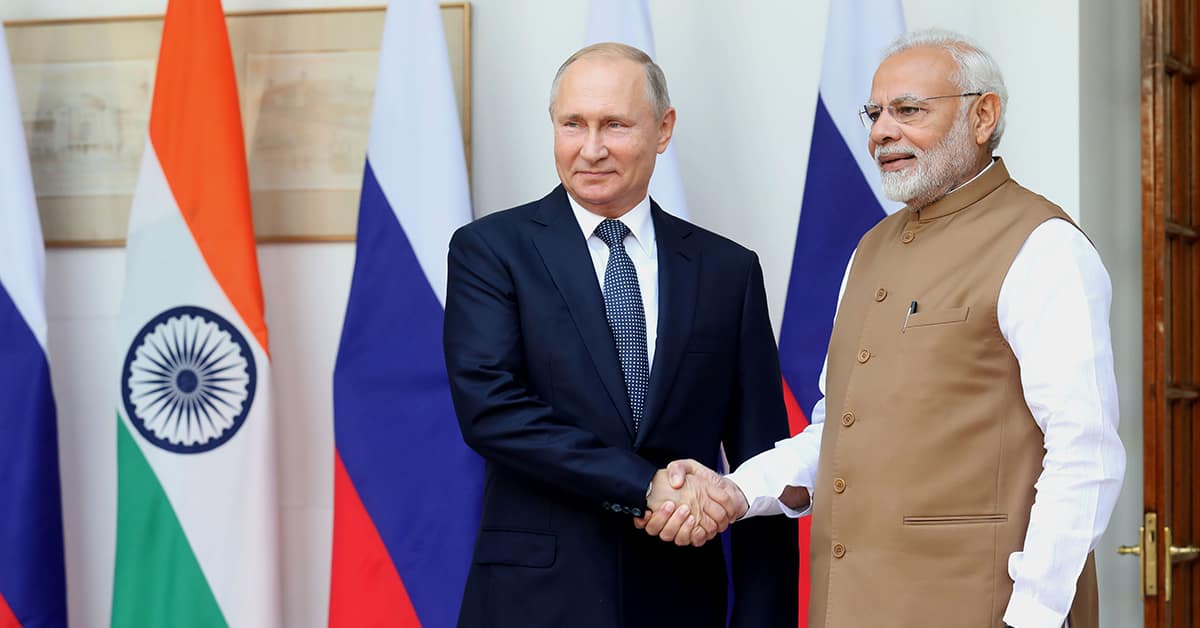Indian companies continue to do business with Russian banks using non-dollar currencies and channels outside of the Western financial system.

Sanctions stemming from the Ukranian conflict are meant to prevent Russian banks from using the Society for Worldwide Interbank Financial Telecommunication (Swift) platform. Yet Indian companies have found a workaround to settle non-dollar payments with Russia.
Russia is ranked second, after the US, in the number of Swift users. The banking cooperative has more than 11,000 member institutions in over 200 countries. The sanctions crippled the financial lifeline for Russian companies that do cross-border transactions.
Subsequently, Russia incentivized bilateral trade with friendly countries by offering deep discounts for Russian crude and accepting trade settlements in national currencies.
Just a fraction of the trade is in dollars, says Mrutyunjay Mahapatra, former CEO of Syndicate Bank. “The majority of Russian business is done through bilateral trade using the ruble and other currencies through its messaging system SPFS, an alternative to the Swift system.”
India has settled the trade in non-dollar currencies like rubles and dirhams and via third-party countries like Dubai. Recently, the UAE central bank approved Russian bank MTS, based in Moscow; and Abu Dhabi was put on the sanction list for processing Indian oil non-dollar payments.
Indian oil purchases from Russian state energy giants Gazprom and Rosneft were settled in rubles through the State Bank of India’s nostro account in Russia. Indian companies Reliance Industries and BPCL use dirhams to settle oil transactions. The Bank of Baroda and Axis Bank have processed the dirham payments. If the ruble transactions are blocked, the trade settlement will take place in Indian rupees.
India, the world’s third-largest importer of crude oil, took advantage of the discounted prices. Russia became the top exporter of crude oil to India for the first time in October 2022, eclipsing Iraq and Saudi Arabia.
According to the International Energy Agency, Russia accounted for nearly 40% of India’s crude oil exports in February 2023. India’s imports from Russia rose by five times from April 2022 to February 2023 to $41.6 billion from $8.5 billion, compared with the same period the previous year.



